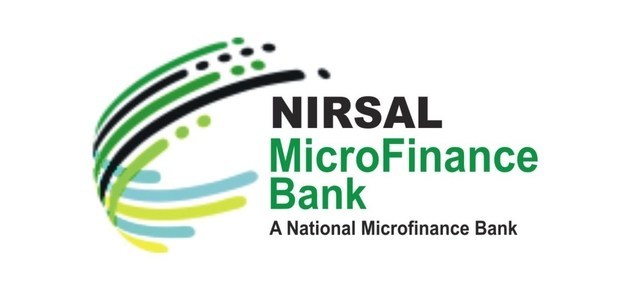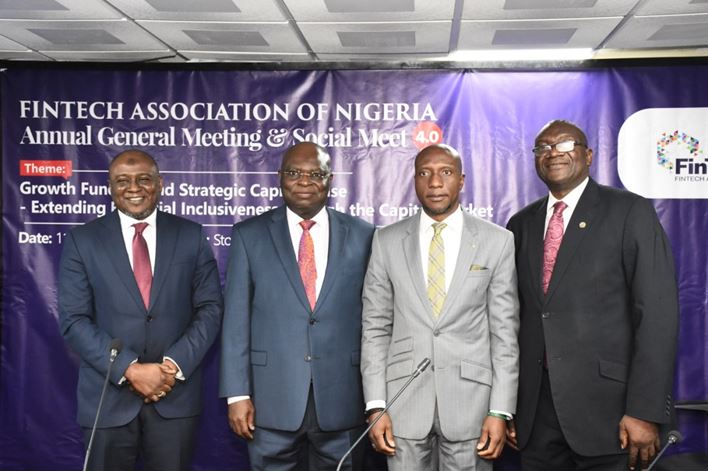The emerging realization of NIRSAL Microfinance Bank (NMfB) scheme nationwide though would deepen financial inclusion if digitally driven, there are chances that some commercial banks may not survive in their last push to remain solvent when NMfB goes nationwide.
Otherwise, there are strong indications that as the network and functionality of NMfB consolidate, it will definitely eat deep into several banks’ customer base as some old customers may decide to dump commercial banks and continue with NMfB. This is based on several attractive valued services coming with the new bank which will have branch networks across all the 774 local governments in the country.
Assessing the possible backlash effects of NMfB emergence, an Abuja based development economist, Dr. Clarus Babah said “With the seriousness of the Central Bank of Nigeria (CBN) in delivering the new banking window mainly for the under-served and unbanked, there are chances that even the currently banked can be attracted and possibly switch over”.
“Many commercial bank customers will switchover so as to gain from the single digit interest loan which remains one of the key attractive features of the bank.
“When this becomes the situation, it will hit back at majority of the commercial banks that had been on the fringe of insolvency with massive loss of customer/deposit base.
Recall that CBN Governor, Mr Godwin Emefiele, had on Wednesday said that the newly-established NMfB would provide loans to small businesses at a single digit interest rate of five per cent during an inspection of the bank’s facilities located in Gwagwalada, Abuja.
Business Hilights gathered that other pilot locations for the NMFB are Bauchi, Ibadan, Kaduna, Enugu, Port Harcourt and Lokoja Nigerian Postal Service offices. The NMFB is a brainchild of the Bankers’ Committee, the Nigeria Incentive-Based Risk Sharing System and the Nigerian Postal Service.
The new banking platform is riding on the Bankers Committee’ set-up equity capital and owns 50 per cent of the bank, while NIRSAL and NIPOST own 40 per cent and 10 per cent, respectively.
NIRSAL was created by the CBN to stimulate the flow of affordable finance and investments into the agricultural sector by de-risking the agribusiness finance value chain.









